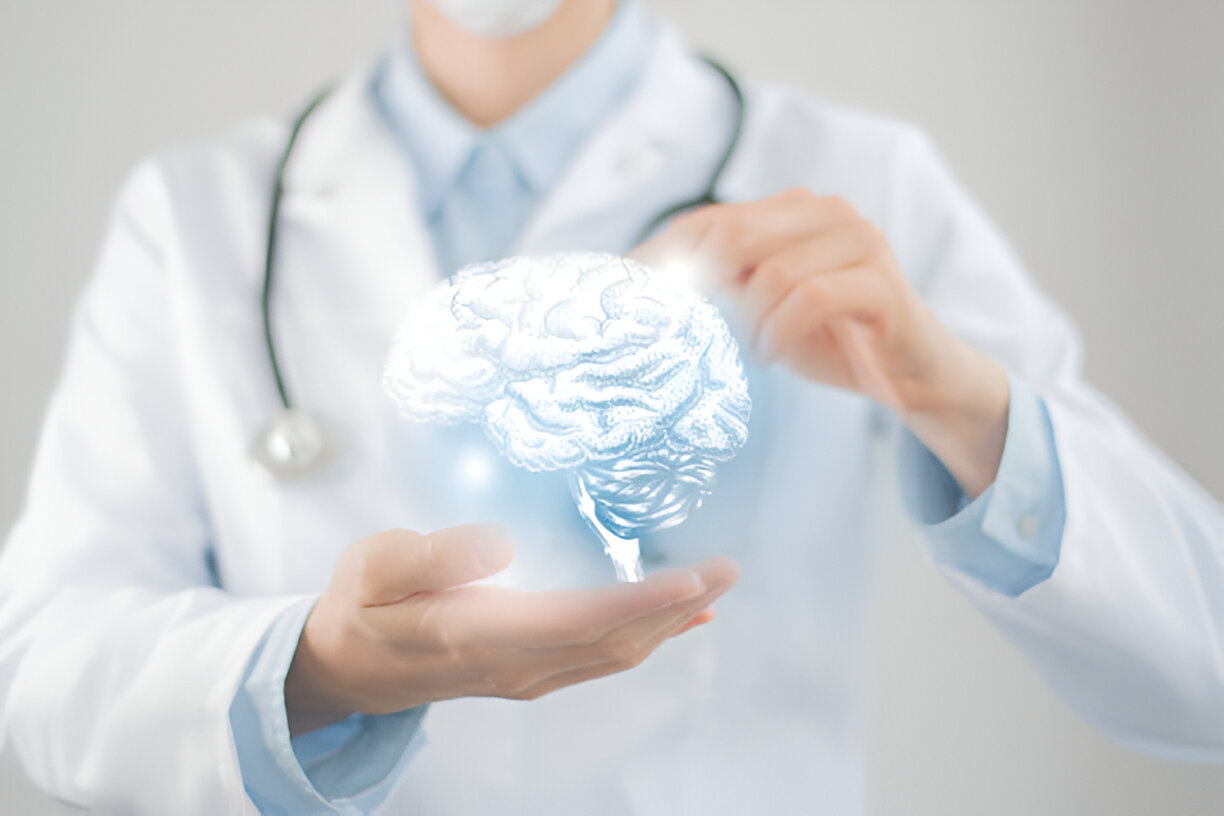-
Brain & Spine Clinic Zobra Canal Road Near SCB Medical college Cuttack
-
SUM Hospital, K8 Kalinga Nagar, Kalinganagar, Bhubaneswar, Odisha
-
srikantswainvss@gmail.com

Dementia vs Alzheimer’s: What’s the Difference?
The terms dementia and Alzheimer’s disease are often used interchangeably, but they don’t mean the same thing. While they are closely related, understanding the distinction between the two is important, especially when it comes to early detection, treatment, and caregiving.
What is Dementia?
Dementia is not a single disease. It’s a general term used to describe a group of symptoms that affect memory, thinking, reasoning, and social abilities severely enough to interfere with daily life. Dementia is not a normal part of aging, although the risk increases with age.
Common symptoms of dementia include:
· Memory loss
· Confusion and disorientation
· Difficulty with communication
· Poor judgment and decision-making
· Changes in mood and personality
Dementia is caused by damage to brain cells, which interferes with the cells' ability to communicate. This leads to the cognitive and behavioural symptoms seen in affected individuals.
What is Alzheimer’s Disease?
Alzheimer’s disease is the most common cause of dementia, accounting for 60-80% of dementia cases. It is a specific brain disease that slowly destroys memory, thinking skills, and eventually, the ability to carry out simple tasks.
Alzheimer’s is characterized by the buildup of abnormal protein deposits in the brain, amyloid plaques and tau tangles, which lead to cell damage and brain shrinkage over time. While the exact cause is still unknown, age, genetics, lifestyle, and environment are believed to play roles.
Other Types of Dementia
While Alzheimer’s is the most common, other types of dementia include:
· Vascular Dementia – Caused by reduced blood flow to the brain, often after a stroke.
· Lewy Body Dementia – Associated with abnormal protein deposits called Lewy bodies.
· Frontotemporal Dementia – Affects the front and side parts of the brain, impacting personality and language.
Diagnosis and Management
Diagnosis often involves neurological exams, brain imaging (like MRI or CT scans), cognitive testing, and blood tests to rule out other conditions. While there is currently no cure for Alzheimer’s or most other types of dementia, early diagnosis can help manage symptoms more effectively and improve quality of life.
Treatment focuses on:
· Medications to slow progression
· Cognitive and occupational therapy
· Lifestyle modifications
· Emotional and caregiver support
Conclusion
Think of dementia as the umbrella, and Alzheimer’s as one of the conditions that falls under it. Understanding the difference can help patients and families seek the right care, ask better questions, and prepare for what lies ahead.
If you or a loved one is showing signs of memory loss or cognitive decline, consult a neurologist for proper evaluation. Early detection makes a big difference in managing life with dementia or Alzheimer’s.
